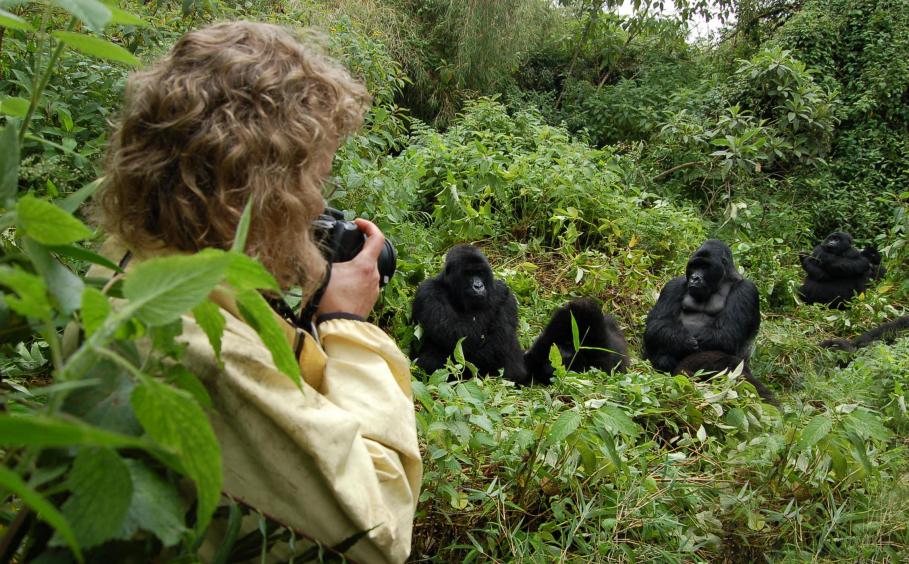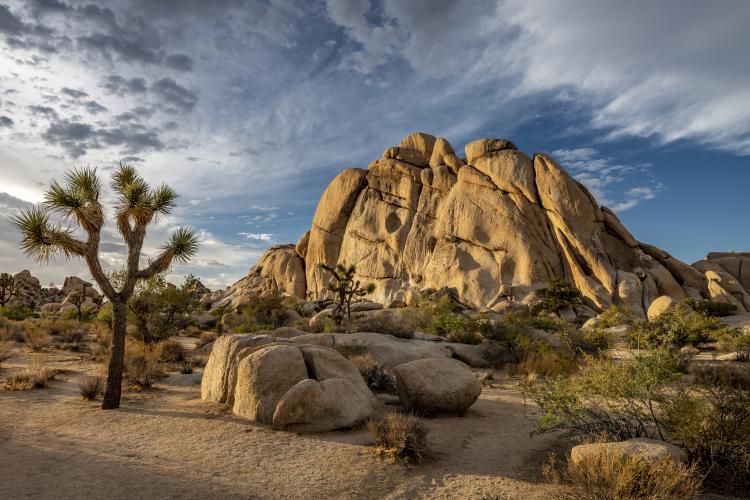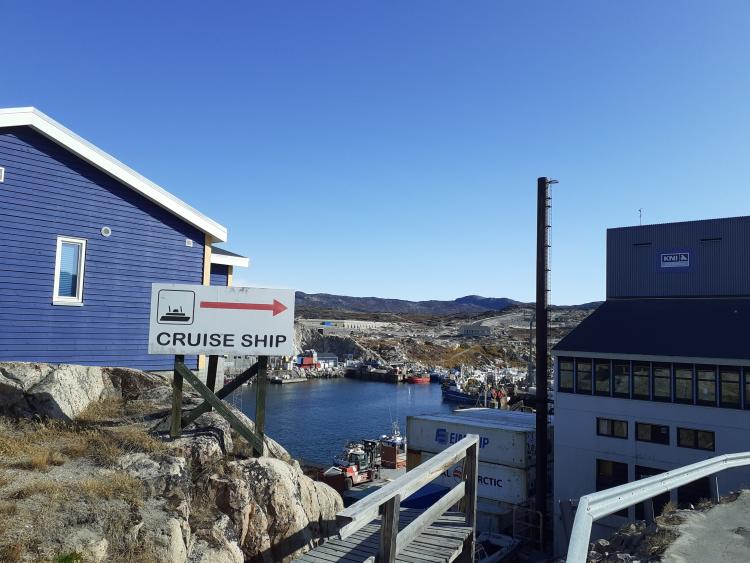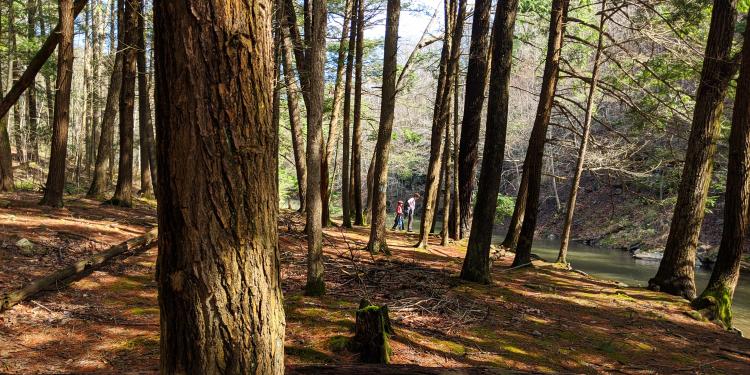Outdoor Recreation, Protected Areas, and Environmental Education

Who We Are
The outdoor recreation, protected area, and environmental education research group supports education and rigorous research in the interest of improving the social and environmental outcomes of parks and protected areas. Our members have extensive experience carrying out this work in wide-ranging domestic settings that span West Fairmount Park in urban Philadelphia to the glaciers of Denali National Park in Alaska, as well as varied international contexts from Greenland to the Galapagos.

Parks, natural and cultural heritage sites, and other forms of protected areas can safeguard and showcase the unique and important places of our planet and its people. They can thus provide important contexts in which to explore, discover and learn, to relax and escape, to challenge ourselves, to improve our health, to demonstrate our values, and to spend quality time with our friends, families, or selves. They are one of the most important mechanisms for threatened and endangered species conservation, and they can provide critical support for the livelihoods and wellbeing of individuals residing around them.
Parks and protected areas also can have colonial legacies that involve the displacement of native inhabitants, the disruption of cultural practices and traditional livelihoods, and the privileging of Western values and visitors. We research these issues to promote more socially and environmentally just management strategies and to extend the benefits of protected areas to all people today and in the future.
Our group consists of a multi-disciplinary collection of quantitative and qualitative social scientists, data analysts, and educators who are dedicated to supporting the management of our treasured natural places.
Our Shared Interests

We work to sustain protected areas and expand equitable access to the benefits these places can provide. As social scientists, we engage in rigorous, applied research based on established theoretical frameworks.
We seek to ensure that the benefits of protected areas are justly and equitably realized, and in the process, we draw much needed attention to where protected areas have fallen short in this regard in the past. By understanding and balancing the tradeoffs that exist between the demand for nature-based recreation, the impact such activities have on the places visited, the administrative structures needed to sustainably and equitably manage this visitation, and the extent to which such places can provide inclusive benefits, our work helps ensure that protected areas continue to provide valuable social and environmental benefits in the future.
Group Expertise
Research topics addressed by our members include the following. The links below will show you media coverage of our work, scientific publications on the topic, or the lead researcher on that topic.
- Individual and community health impacts from parks and recreation
- Human–wildlife interactions and conflict management
- Preservation of natural soundscapes and night skies
- Environmental education and outdoor-based intergenerational learning
- Park and protected area financing, policy, and advocacy
- Visitor use management and monitoring
- Outdoor recreation and adventure leadership
- Protected area tourism in support of biodiversity conservation
- Experiential education
- Public-private partnerships and stakeholder engagement
Future Directions and Implications

As our climate and other environmental systems undergo increasing anthropogenic disturbance, our global population grows and urbanizes, and social inequalities become more apparent, we collectively strive to meet the sustainability and resilience challenges of the 21st century.
- By advancing broad scientific approaches and tools used to more comprehensively understand people, the environment, and the interactions between them
- By improving access and equity, while decreasing discrepancies, through translational, transdisciplinary, and participatory approaches to research
- By preparing individuals for careers as innovative and effective outdoor recreation, environmental education, nature-based tourism, and protected area researchers and professionals
- By supporting protected area and land-management agencies, outdoor recreation practitioners, and other private and non-profit sector stakeholders with sound, relevant, and actionable data-driven information to inform policy and practice
Our Experts
Click below to learn more about our faculty and postdoctoral researchers or to see who our graduate students are.

Working on a Fulbright scholar award, Bing Pan, professor of recreation, park, and tourism management, visited Timor-Leste and developed recommendations on how it can build tourism into a meaningful employment opportunity.
